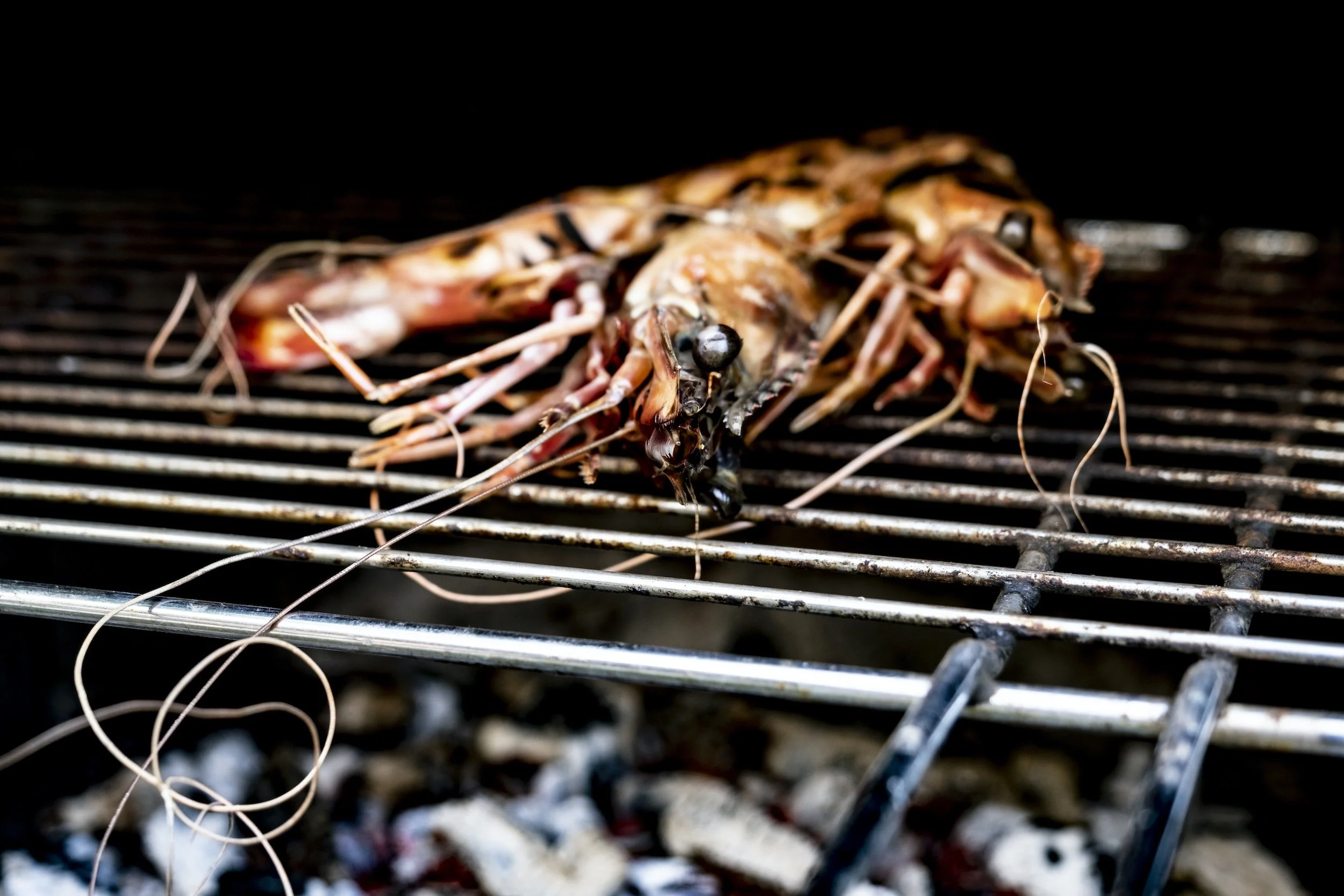The Secret to Grilling Seafood at the Beach in the UK
We all love a day at the beach, and what could be better than indulging in some delicious, freshly grilled seafood while enjoying the sun, sand, and sea? In this article, we'll share the secret to grilling seafood at the beach in the UK, ensuring your next beach barbecue is a hit with your friends and family. From choosing the right seafood to mastering the art of grilling, we'll cover it all.
Choosing Your Seafood
1. Know Your Local Seafood
In the UK, we're fortunate to have access to a variety of fresh, local seafood. Some popular options include:
- Mackerel
- Sea bass
- Lobster
- Prawns
- Scallops
- Oysters
- Mussels
Remember, when it comes to seafood, freshness is key. Always try to source your seafood from reputable suppliers to ensure quality and sustainability.
2. Consider the Cooking Time
Different types of seafood require different cooking times. For example, shellfish like mussels and oysters cook quickly, while larger fish such as mackerel and sea bass may take longer. Keep this in mind when planning your beach barbecue menu.
Preparing Your Seafood
3. Clean and Prep Your Seafood
Before heading to the beach, clean and prep your seafood. This may involve:
- Gutting and filleting fish
- Removing the shells from prawns
- Cleaning and debearding mussels
- Shucking oysters
4. Seasoning and Marinating
A simple seasoning of salt, pepper, and a splash of lemon juice can work wonders for your seafood. However, you can also experiment with marinades, such as a mixture of olive oil, garlic, lemon zest, and herbs like parsley or coriander.
Setting Up Your Beach Barbecue
5. Choose the Right Grill
A portable grill is essential for beach barbecues. Look for a lightweight, easy-to-transport option that can handle the amount of seafood you plan to cook.
6. Bring Necessary Tools
Don't forget to pack:
- Tongs
- Grill brush
- Foil
- Cooler with ice for your seafood
- Fuel (charcoal or propane)
Grilling Your Seafood
7. Preheat the Grill
Before placing your seafood on the grill, ensure it's hot and ready. This helps prevent sticking and ensures even cooking.
8. Grill Seafood to Perfection
Follow these general guidelines for grilling times:
- Mackerel and sea bass: 5-7 minutes per side
- Lobster: 5-8 minutes per side
- Prawns: 2-3 minutes per side
- Scallops: 2-4 minutes per side
- Oysters and mussels: 3-5 minutes (until they open)
Always ensure your seafood is cooked through and reaches a safe internal temperature.
Serving Your Grilled Seafood
9. Keep It Simple
Serve your grilled seafood with some fresh lemon wedges, a simple salad, and crusty bread. Don't forget to bring a bottle of chilled white wine or some cold beers to complete the experience.
Conclusion
Armed with these tips, you're ready to master the art of grilling seafood at the beach in the UK. So gather your friends, family, and favorite seafood, and get ready for a memorable beach barbecue experience.
Frequently Asked Questions
Q1: Can I grill seafood directly on the sand or rocks?
A: No, it's not recommended to grill seafood directly on the sand or rocks. Always use a portable grill for safety and hygiene reasons.
Q2: How do I know when my seafood is cooked through?
A: Seafood is generally cooked through when it turns opaque and flakes easily with a fork. Additionally, you can use a food thermometer to ensure it has reached a safe internal temperature.
Q3: Can I marinate my seafood overnight?
A: It's best not to marinate seafood for too long, as acidic ingredients can break down the delicate texture. A few hours should suffice for most marinades.
Q4: What should I do if my seafood sticks to the grill?
A: To prevent sticking, make sure your grill is hot and well-oiled (and preferably well seasoned) before placing the seafood on it. You can also use a grill basket or foil to make turning and cooking easier.
Q5: How can I ensure my seafood stays fresh while at the beach?
A: Store your seafood in a cooler with plenty of ice, and avoid keeping it in direct sunlight. Consume it as soon as possible after grilling.
